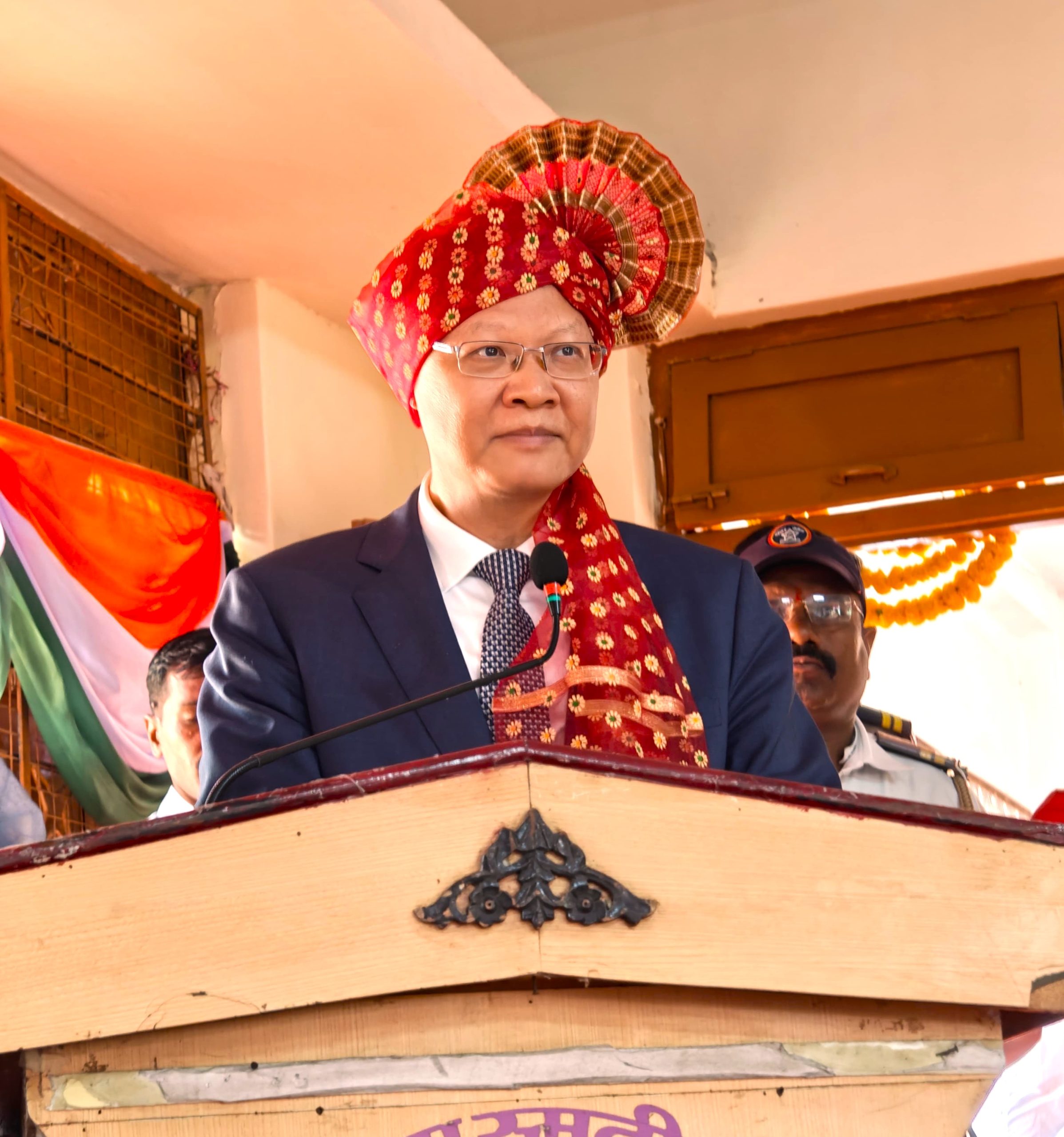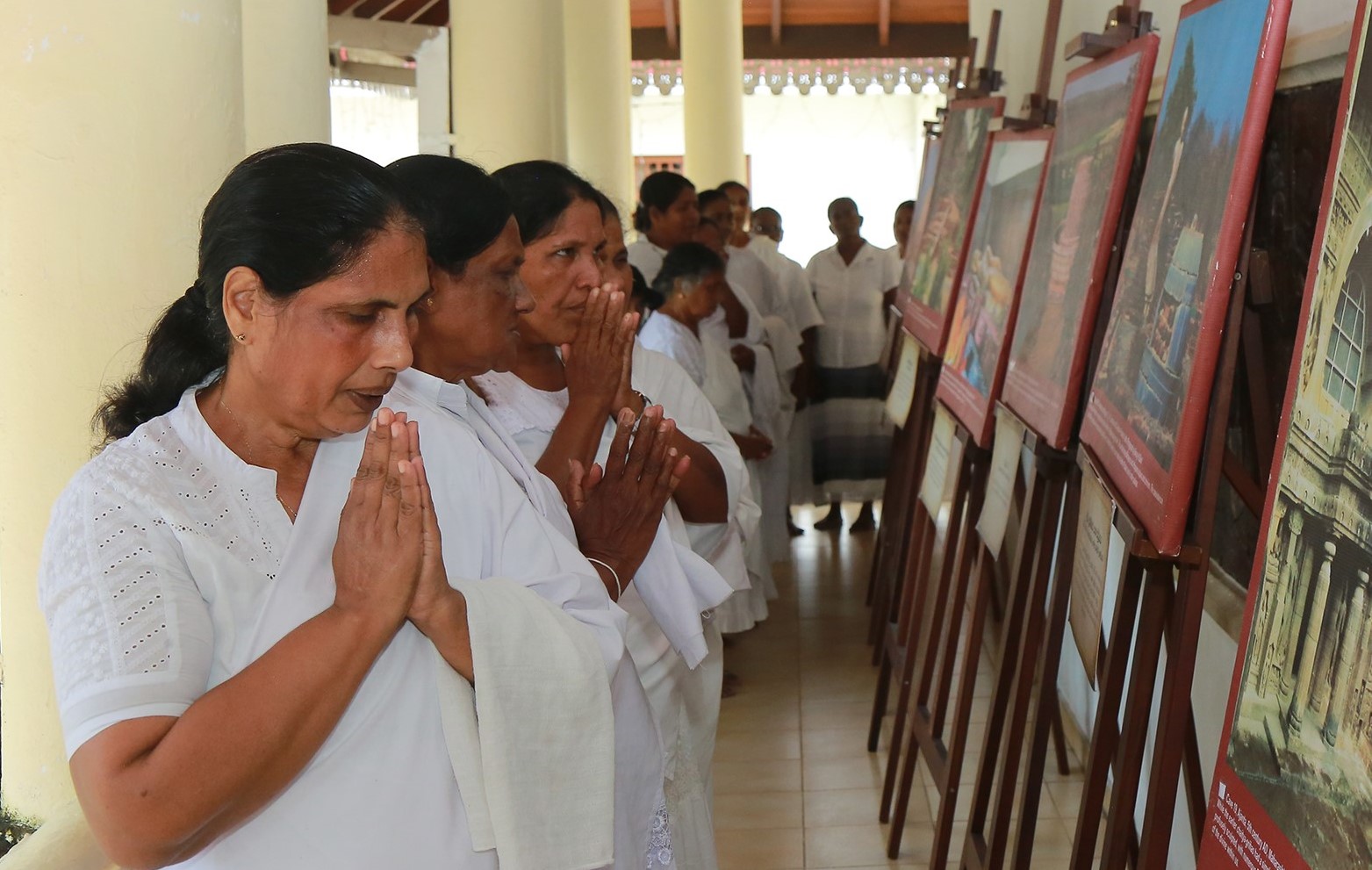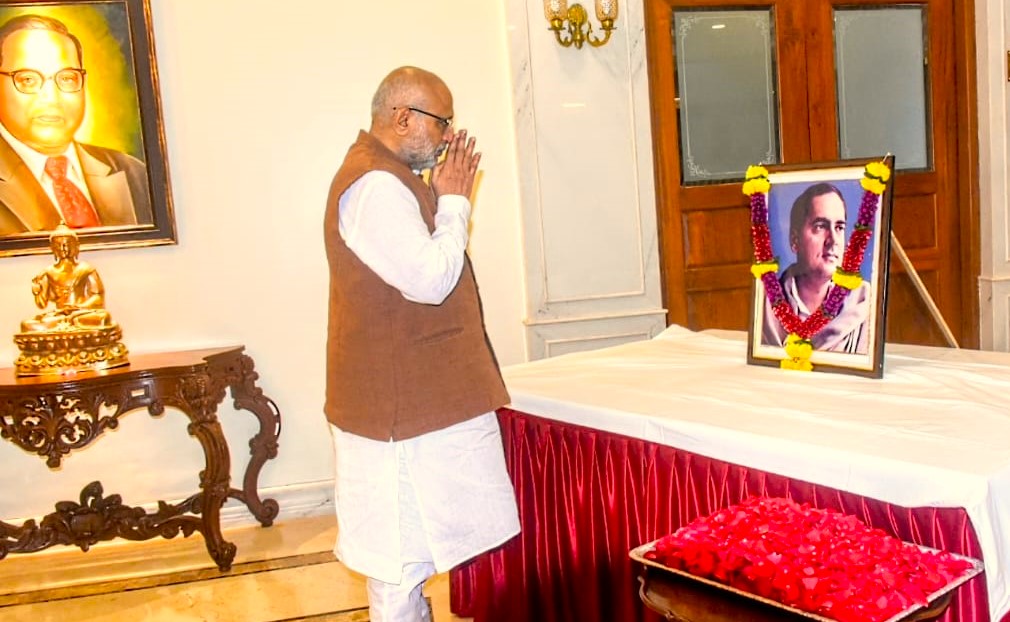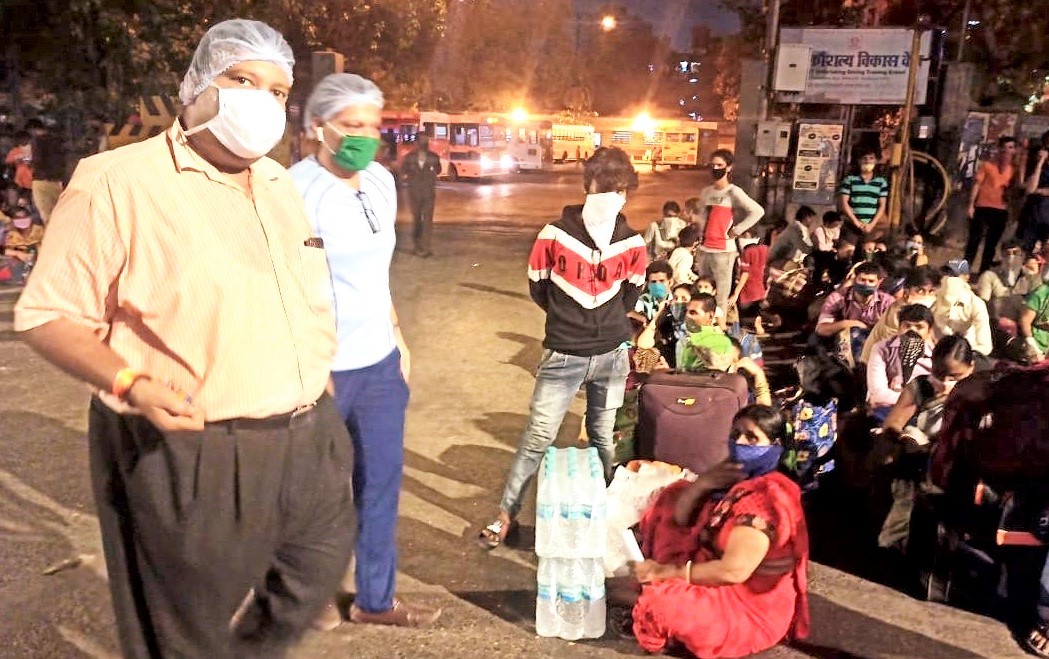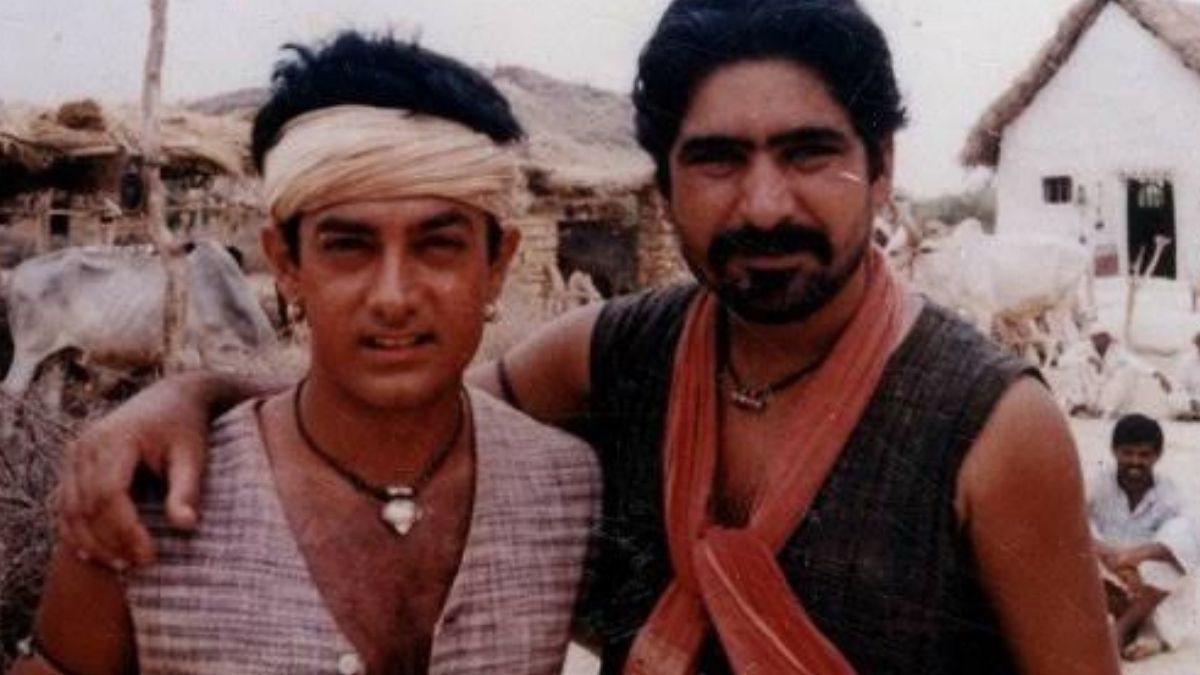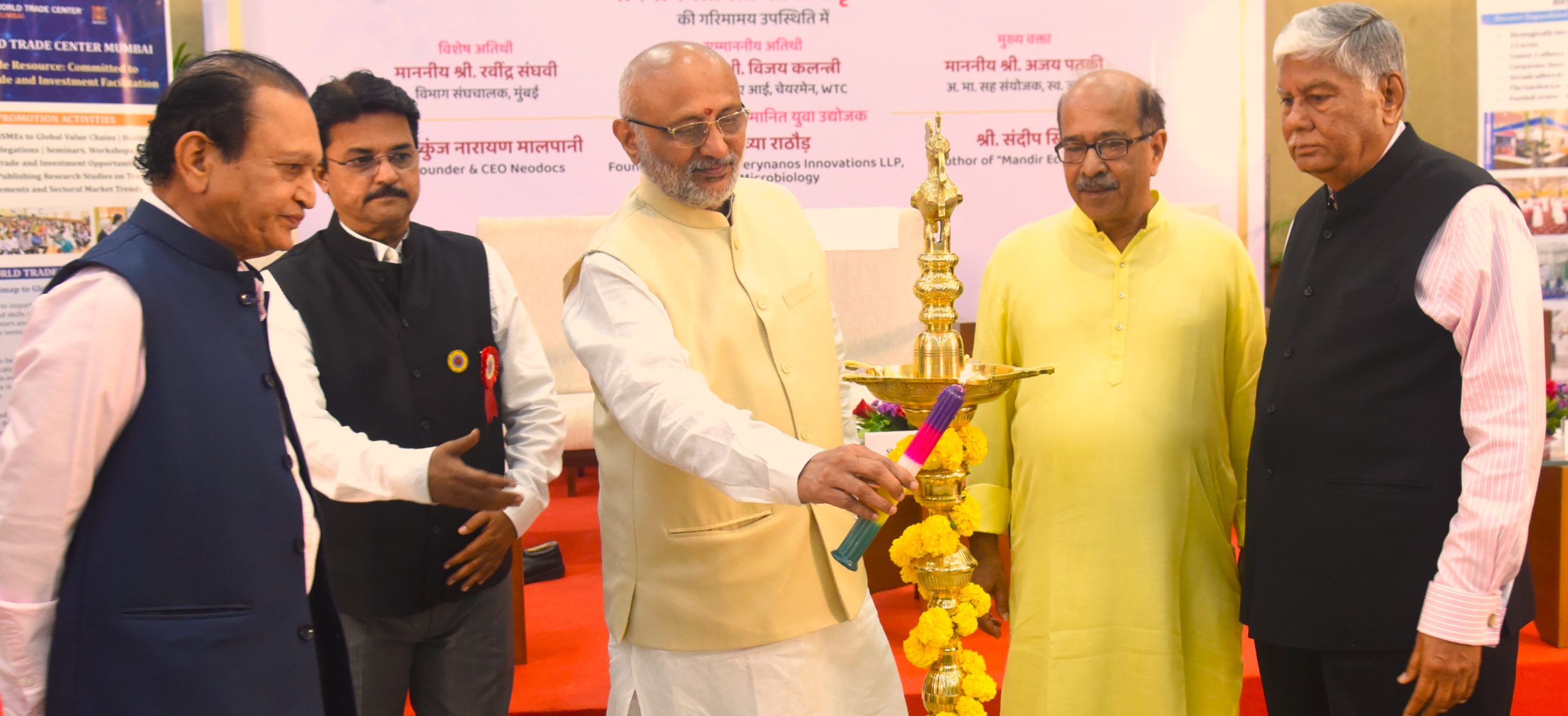By Mewati Sitaram
On his first visit outside Delhi since being appointed as the Chinese Ambassador to India, Xu Feihong travelled to Solapur in Maharashtra. This city, approximately 8,000 kilometers from China, holds a unique connection to the country through the legacy of Dr. Dwarkanath Kotnis.
Dr. Dwarkadas Shantaram Kotnis, born in 1910 in Solapur, was part of a five-member Indian medical team that travelled to China in 1938 to aid injured troops and civilians during the Japanese invasion. While working on the frontlines, Dr. Kotnis met and married a Chinese nurse and decided to stay in China. Tragically, due to the harsh working conditions, he fell ill and passed away on December 9, 1942, at the age of 32. His dedication and heroic deeds have left a lasting impression on China, where he is fondly remembered and revered.
During his visit, Ambassador Feihong’s first stop was a Municipal School, where he was welcomed with the beats of traditional Dhols and Lezims. At the school, he engaged in a conversation with students and teachers and, along with Consul General Kong Xianhua, presented a bronze statue of Dr. Kotnis to the school.
In his speech at the school, Feihong emphasized that China would never forget Dr. Kotnis’ contributions. He remarked, “He saved countless Chinese lives with his excellent medical skills and trained many Chinese medical personnel. A friend in need is a friend indeed. The Chinese people will never forget Dr. Kotnis, and we have been supporting the development of Dr. Kotnis’ hometown for a long time. Last year, the Chinese Consulate General in Mumbai and some Chinese enterprises upgraded the facilities for this school. We are ready to provide more assistance to the school and the students within our capacity.”
Feihong also highlighted the commonalities between India and China, emphasizing that both countries’ shared vision and conviction will strengthen their relationship. He stated, “China and India have a long history of cultural exchanges and mutual learning. Along the ancient Silk Road, Chinese paper-making, silk, porcelain, and tea were brought to India, and Indian singing, dancing, astronomy, architecture, and spices were introduced to China. There are striking similarities between Chinese Taichi and India’s Yoga and between traditional Chinese medicine and India’s Ayurveda. Chinese and Indian philosophies have a lot in common too. In China, Indian friends like Dr. Kotnis and Rabindranath Tagore are well-known, and Indian culture such as Bollywood films and yoga is popular. In India, we are always impressed by Indian people’s interest in China and support for China-India relations.”
Feihong further emphasized that the development of China and India reinforces each other, stating, “We are both ancient civilizations and the two most populous countries in the world. Development is the greatest common goal of both countries. China is realizing the great rejuvenation of the Chinese nation through the Chinese path to modernization. India has also put forward the vision of becoming a developed country by 2047. China wants to develop well for itself and hopes India will develop well too. President Droupadi Murmu told me that a good India-China relationship is important not only for the two countries but also for the development and stability of the region and the world. She said that our two countries should strive to cultivate good neighborly relations. China shares the same expectation.”
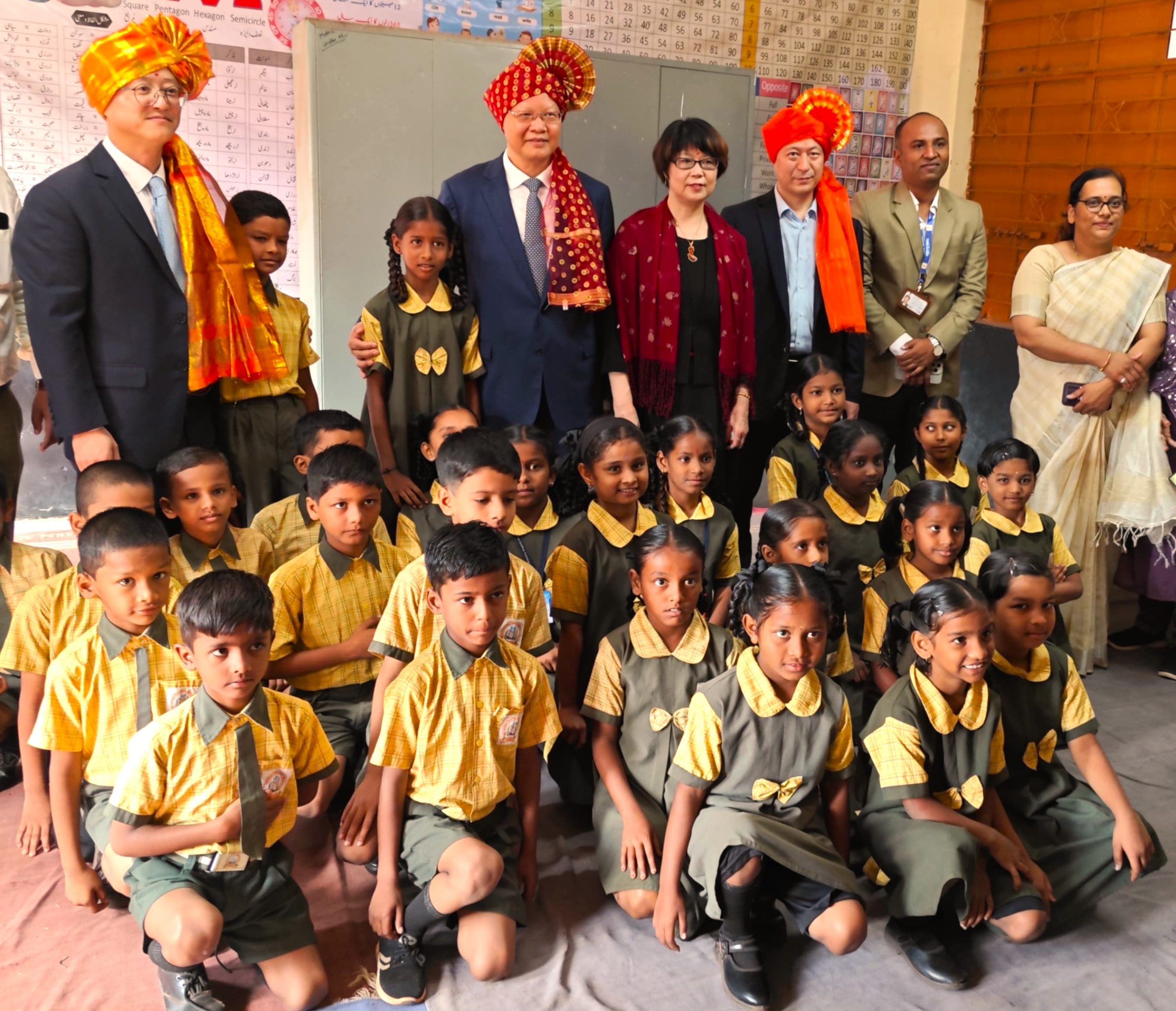
Following his school visit, the Ambassador visited the Solapur Municipal Corporation building, where he was greeted by officials and informed about the heritage building’s significance. During this visit, Ambassador Xu’s wife, Tan Yuxiu, and the women officials exchanged gifts.
On July 10, Ambassador Xu Feihong and Consul General Kong Xianhua visited the Dr. Dwarkanath Kotnis Memorial in Solapur. Ambassador Xu laid a wreath at the statue of Dr. Kotnis, accompanied by local officials and Rajendra Jadhav, Chairman of the Dr. Kotnis Memorial Committee. He also watched exhibits at Dr. Kotnis’ former residence and the elegiac couplet written by Chairman Mao Zedong and had a cordial conversation with Dr. Kotnis’ relatives.
Ambassador Xu expressed, “Eighty-six years ago, Dr. Kotnis went to China during the most difficult time for the Chinese people to support the Chinese People’s War of Resistance Against Japanese Aggression, dedicating his best years and selfless love to China. We will always remember his heroic name and deeds. We have done and will continue to do things for the development of Dr. Kotnis’ hometown. Only by strengthening the exchanges between the young people of China and India can the seeds of our friendship take root and blossom. I believe that the China-India relationship will definitely move forward along a sound and stable track. This must also be what Dr. Kotnis wished to see.”
Ambassador Xu Feihong’s visit to Solapur underscored the enduring bond between India and China, forged through history and shared cultural exchanges, with Dr. Kotnis serves as a poignant symbol of this friendship.

Editor in Chief : Mewati SItaram

